Hajj 2014 Photos: Vast Crowds as Over Two Million Muslim Pilgrims Gather in Mecca
More than two million Muslim pilgrims from all over the world gathered for the annual Hajj pilgrimage in Mecca, Saudi Arabia. A sprawling tent city, stretching as far as the eye can see, was set up to house the pilgrims.
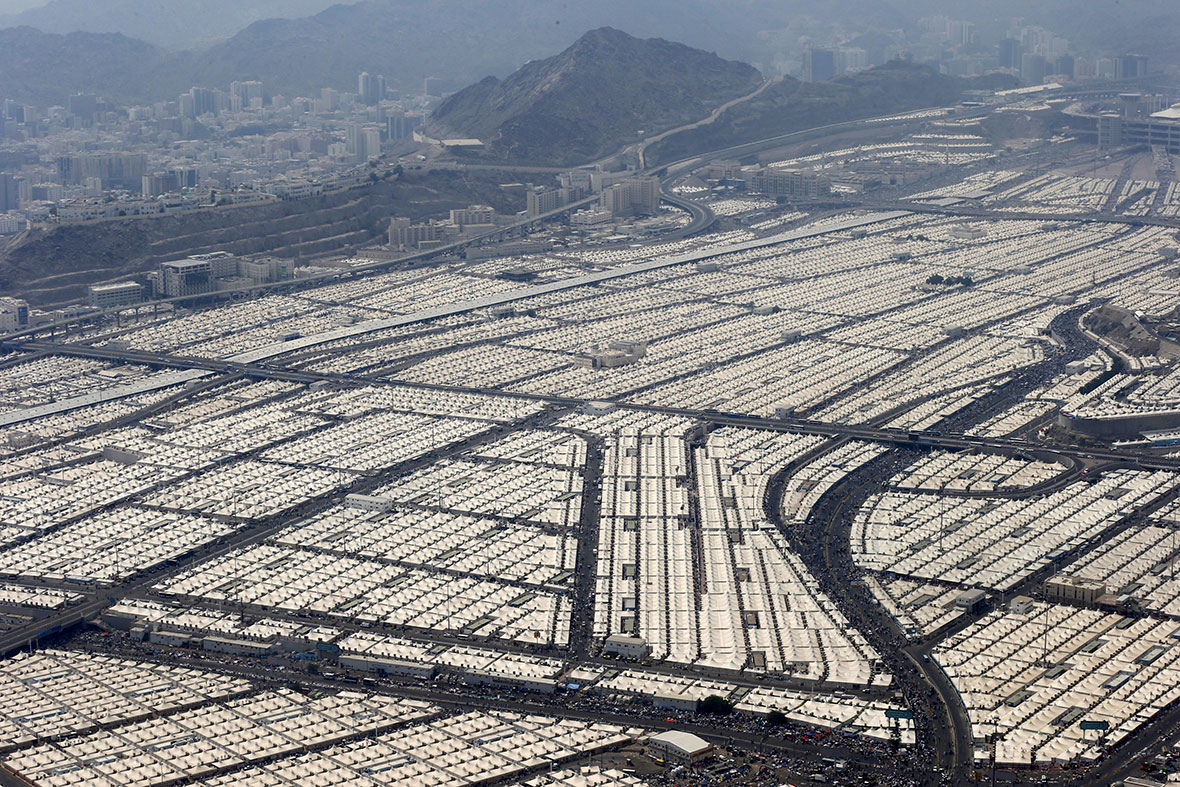
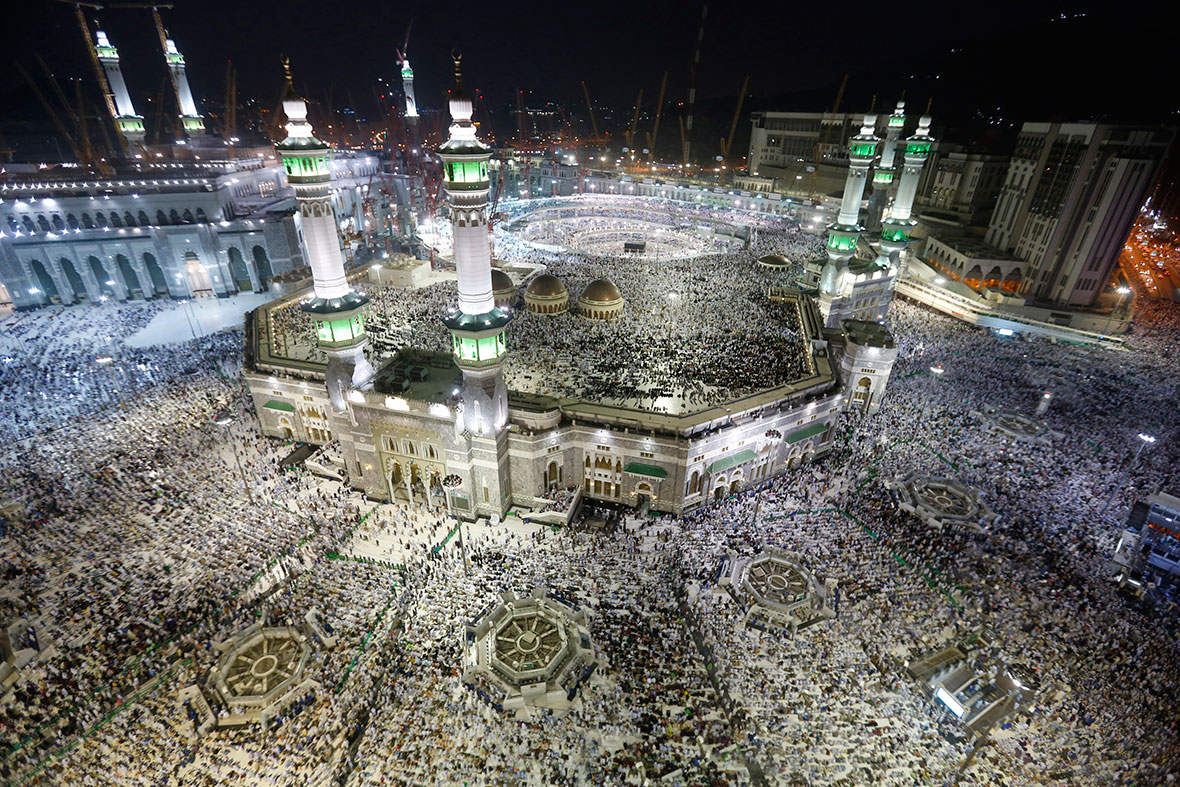
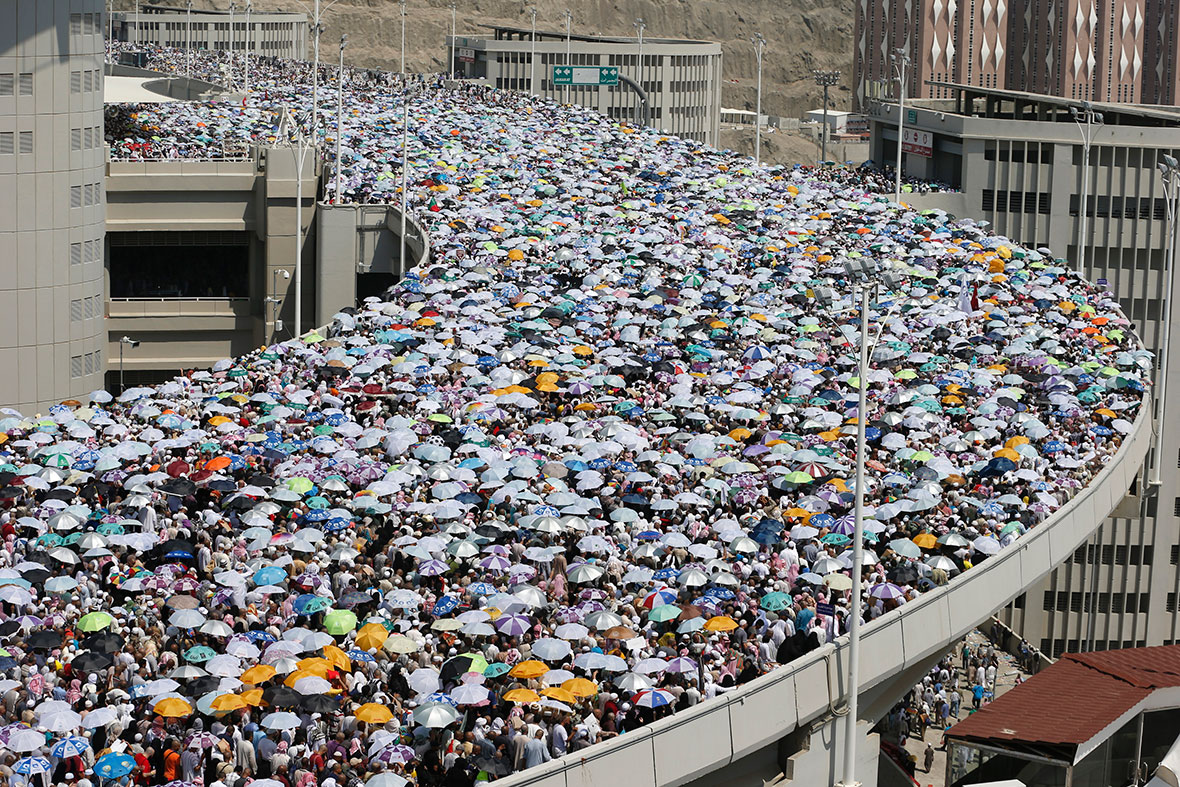
The pilgrimage is physically demanding and involves performing several rites, such as circling the cube-shaped Kaaba seven times at the start and finish of the Hajj. It is a main pillar of Islam and one that all able-bodied Muslims must perform once in their lives.
The five-day spiritual journey is meant to cleanse the faithful of sin and bring them closer to God. All male pilgrims dress in simple, white robes as a sign of equality before God.
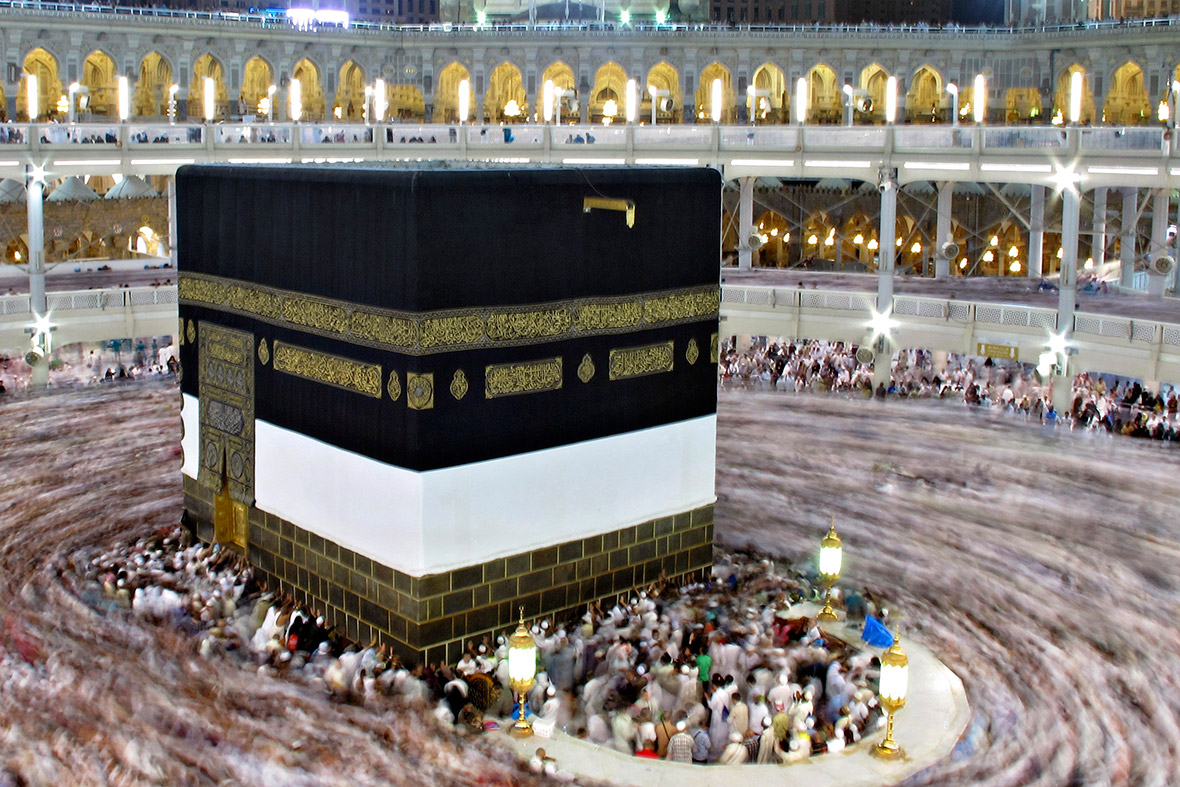
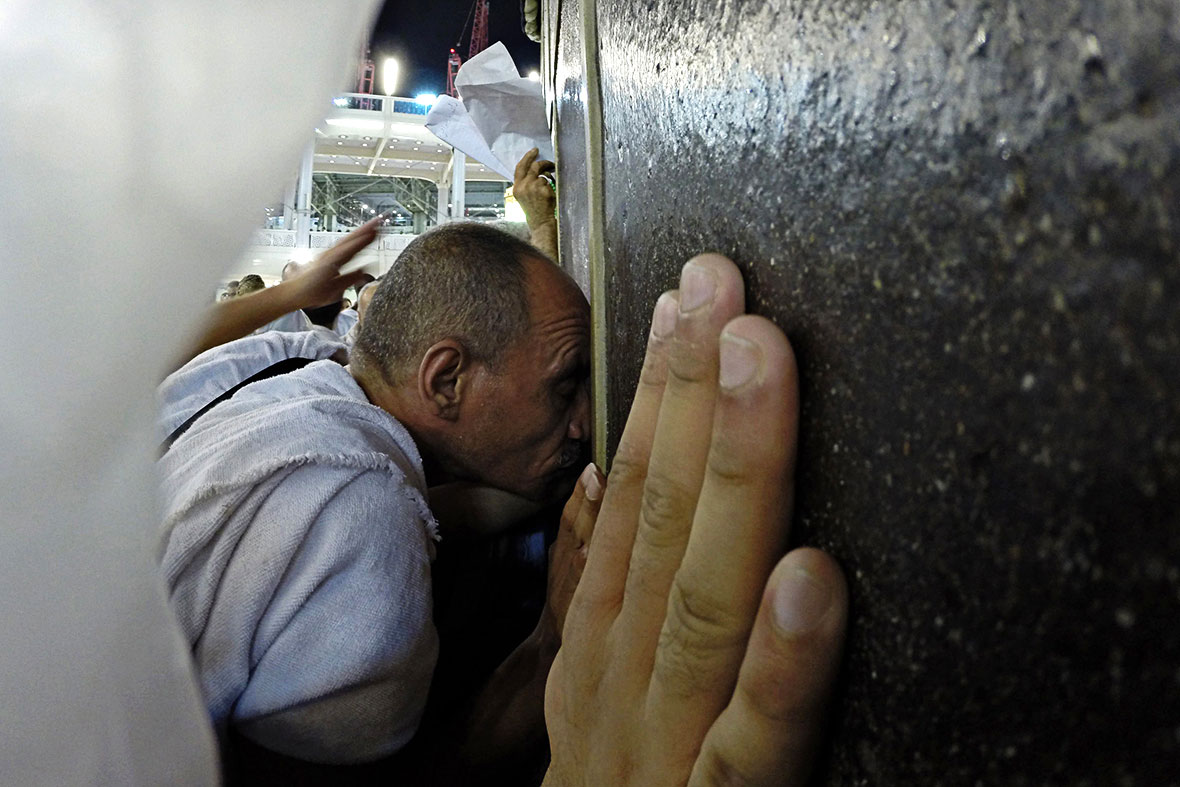
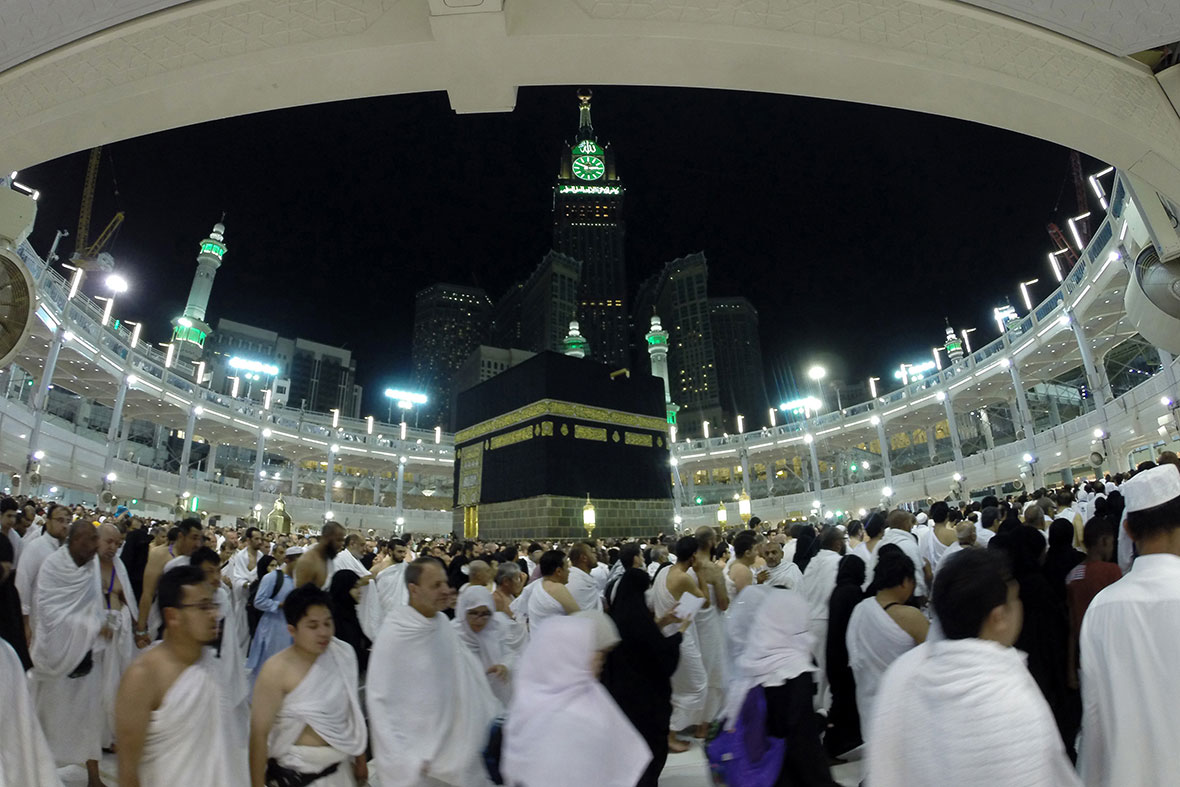
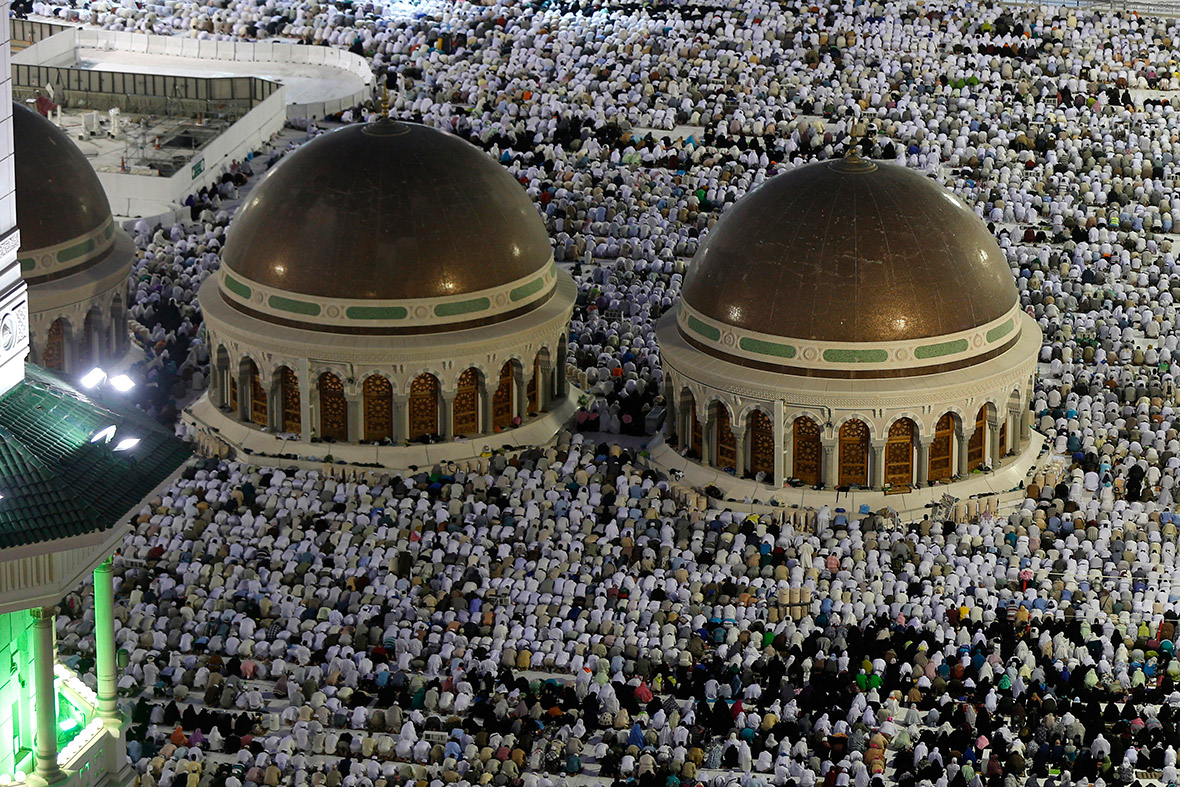
Pilgrims gathered on a desert hill near Mecca in an act of faith and repentance during the climactic emotional and spiritual moment of the annual Hajj pilgrimage.
Men and women wept openly at Mount Arafat as they stretched their hands out in prayer and supplication, saying "Labayk, Allahuma, labayk," — "Here I am, God, answering your call. Here I am."
The faithful believe that on this day the gates of heaven are open, prayers are answered and past sins can be forgiven.
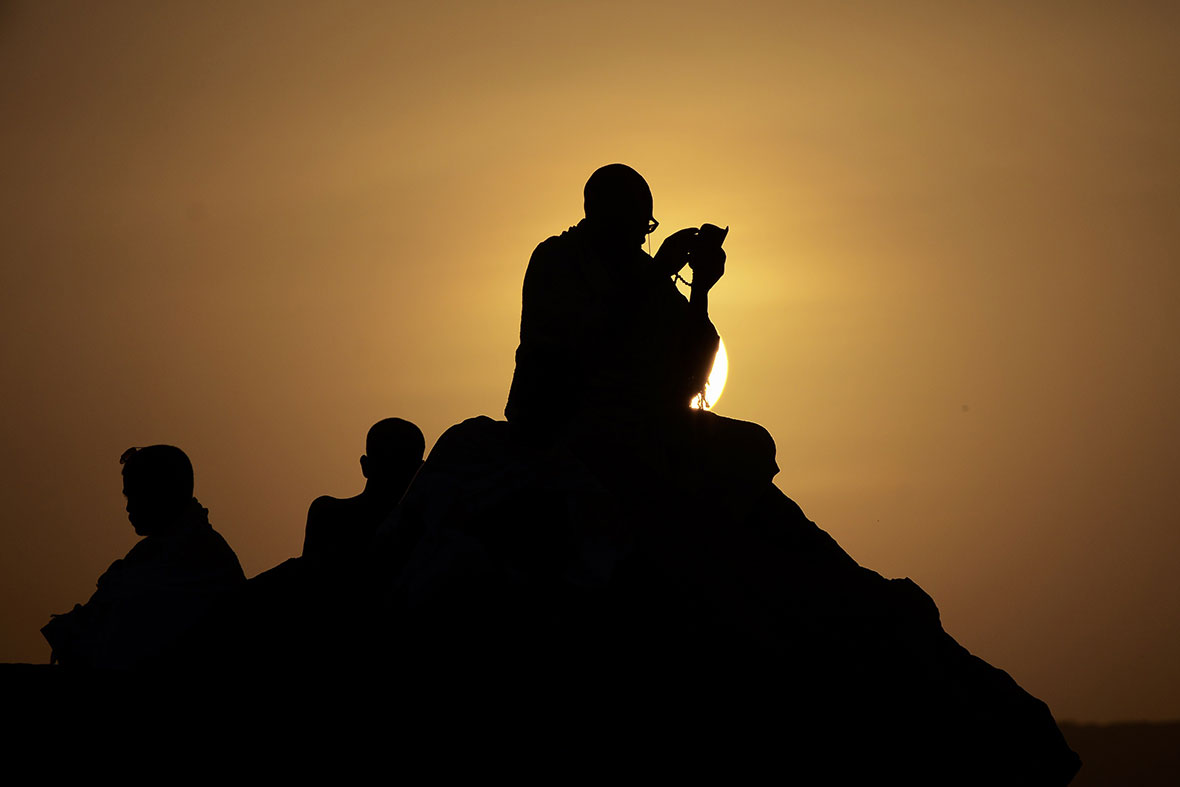

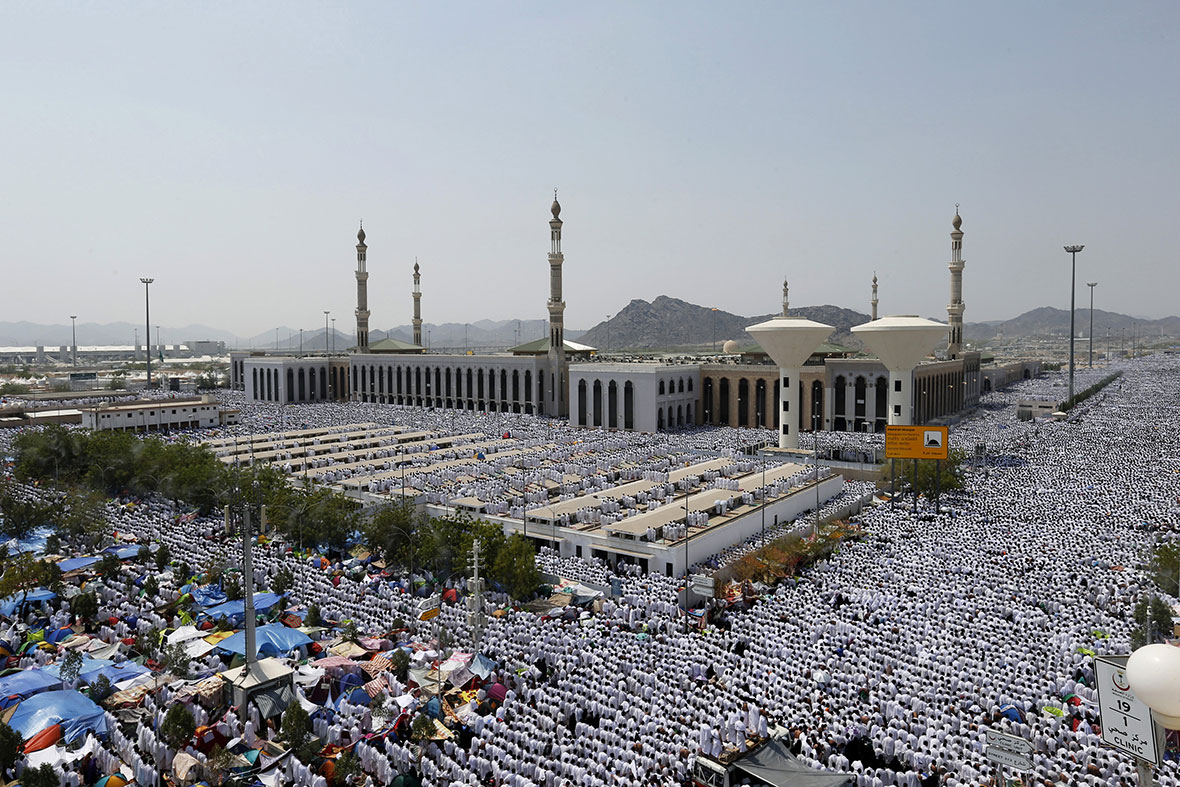
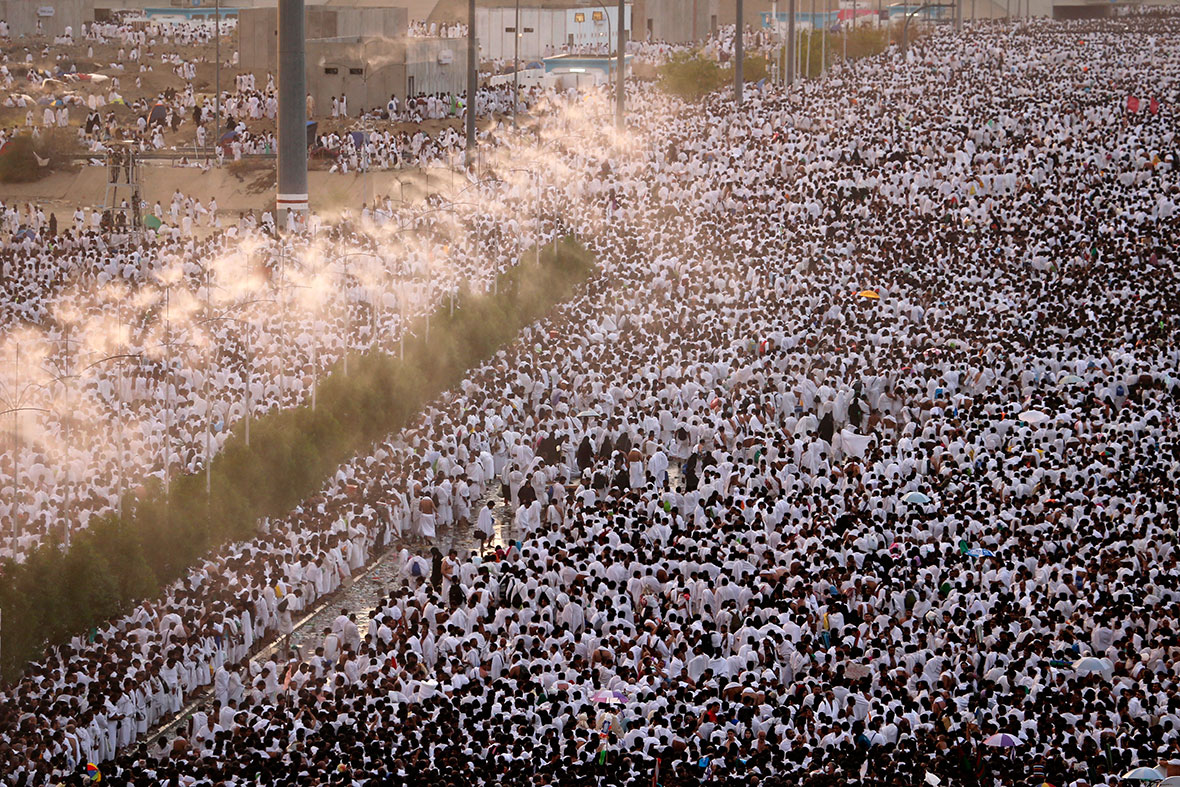
In Mina, a desert tent city just outside the Saudi holy city of Mecca, pilgrims cast pebbles in a symbolic stoning of the devil. Male pilgrims changed out of their white pilgrim robes and shaved their heads as a sign of renewal. Women clipped a lock of hair.
Though pilgrims will repeat the stoning ritual for two more days, they can now be referred to as "Hajjis," a term of honour for completing the pilgrimage.
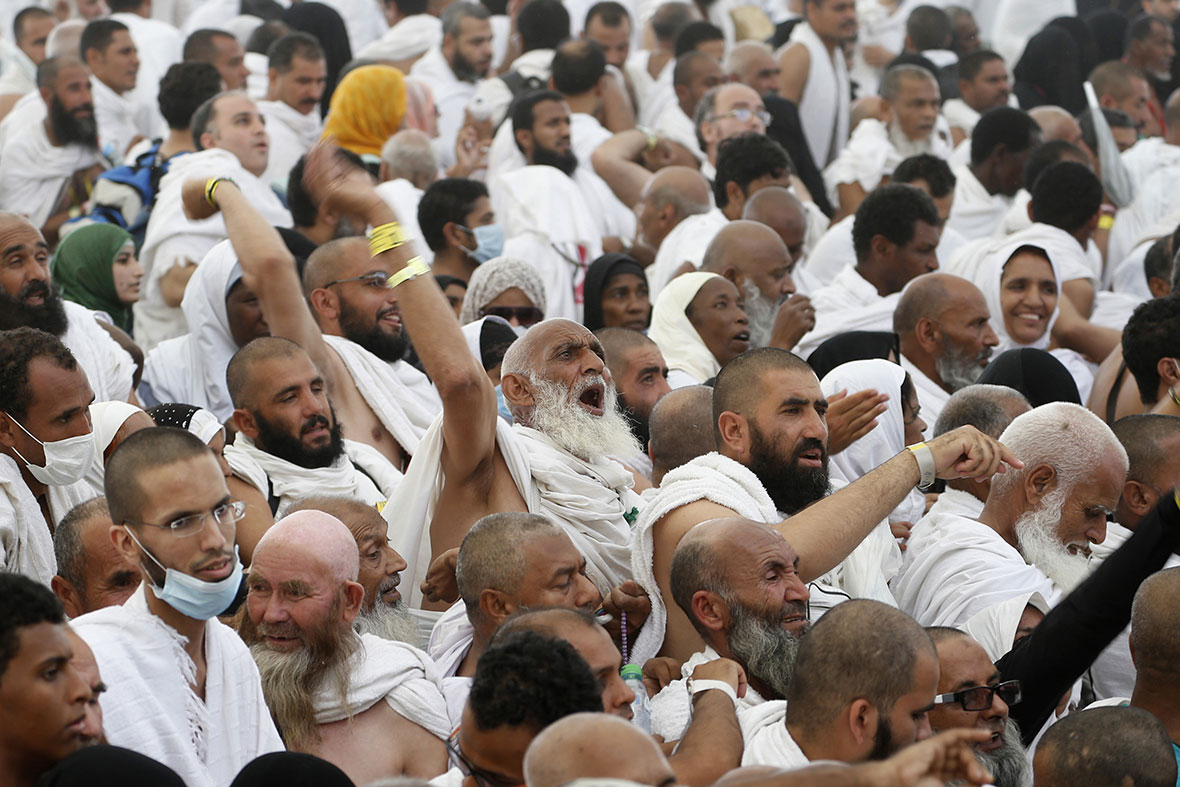


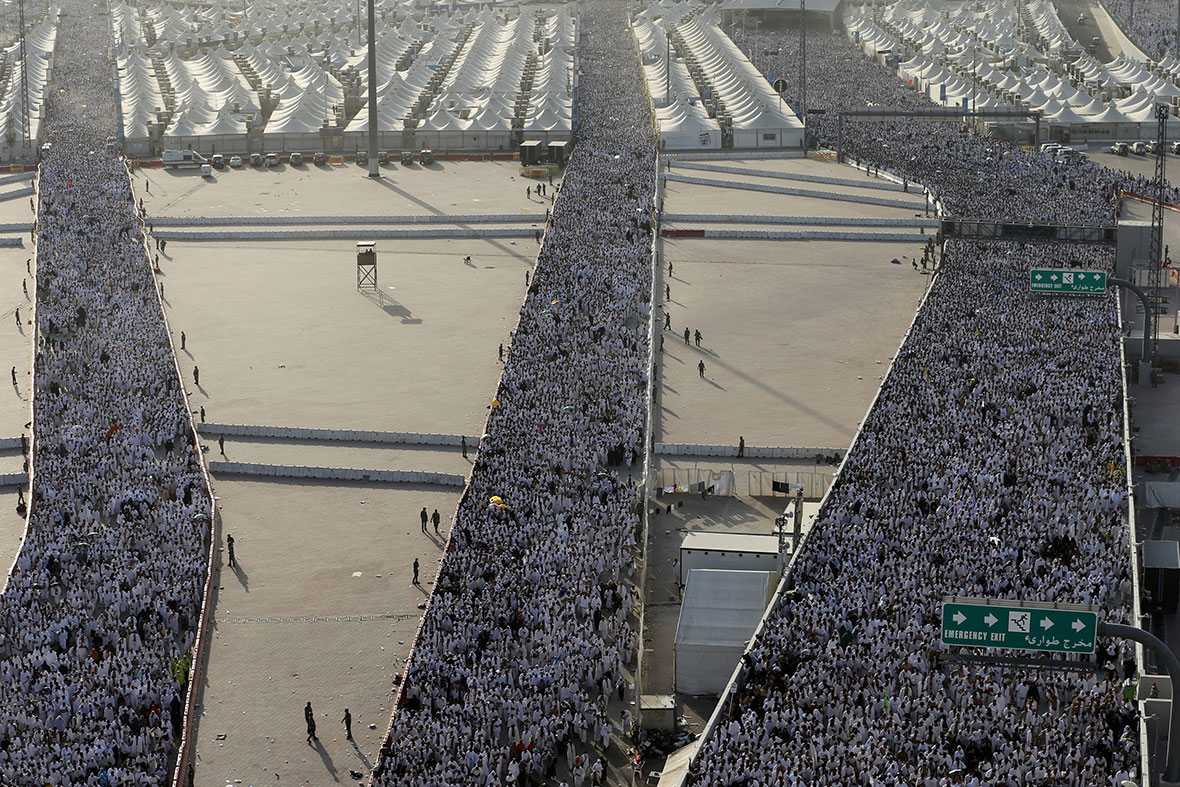
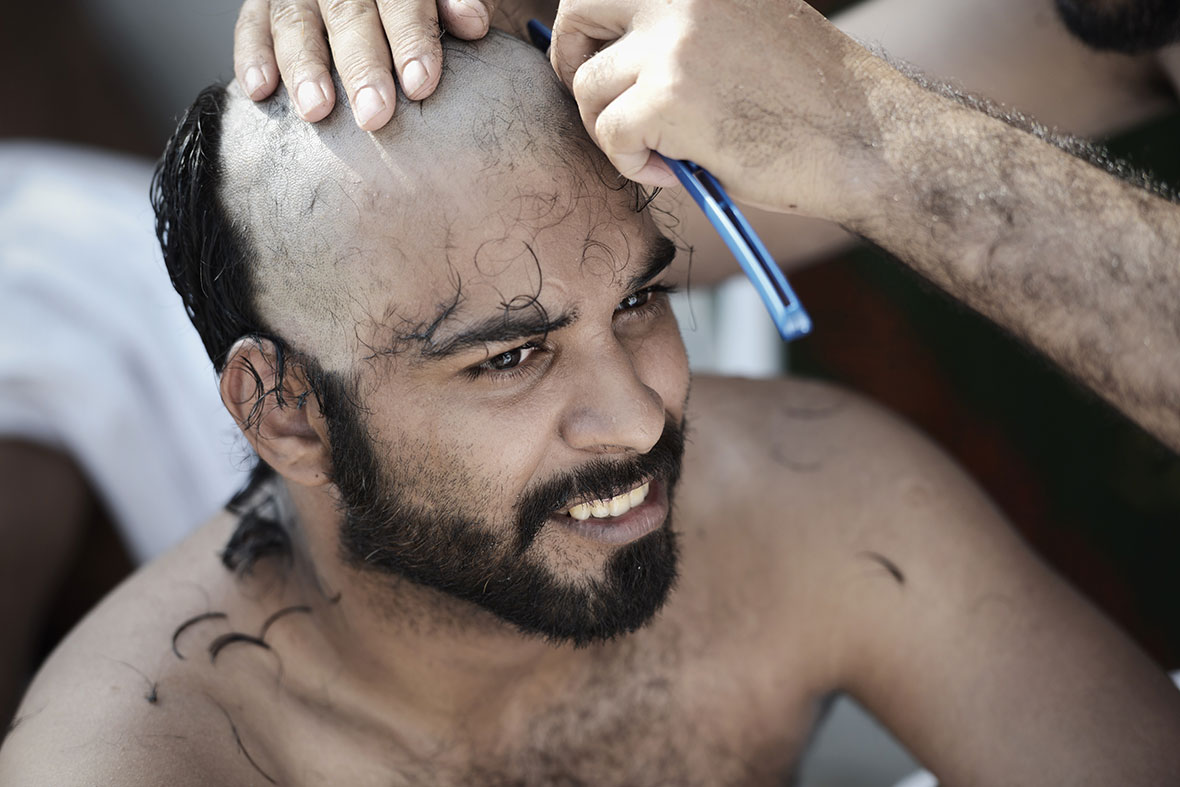
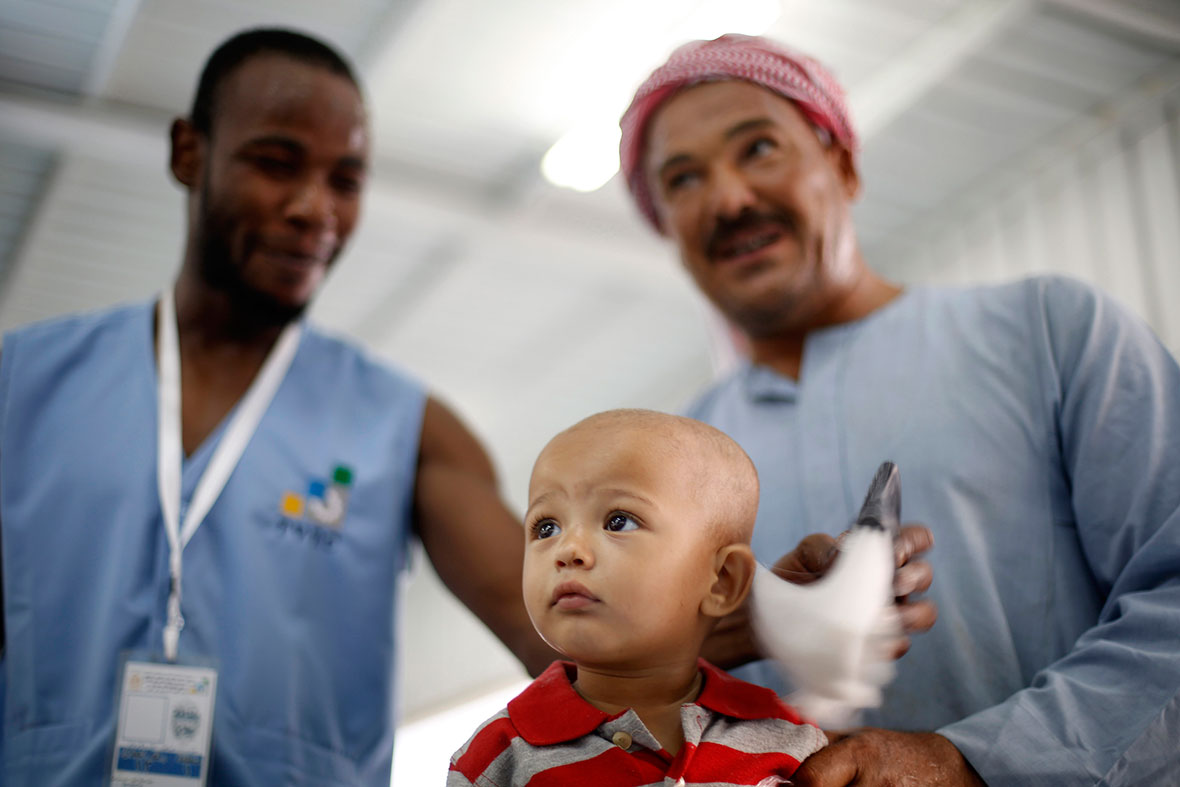

Major General Mansour Al-Turki, spokesman for the Saudi Interior Ministry, said the kingdom is facing continuous threats from terrorists, but is prepared to ensure a safe Hajj.
Saudi Arabia and four other Arab countries are taking part in US-led air strikes against the Islamic State group and al-Qaida fighters in Iraq and Syria. Militants have vowed revenge.
The routes for Hajj pilgrims and inside the Grand Mosque housing the Kaaba have thousands of security cameras, many of them hidden. The kingdom says there are some 70,000 security personnel guarding the Hajj this year.
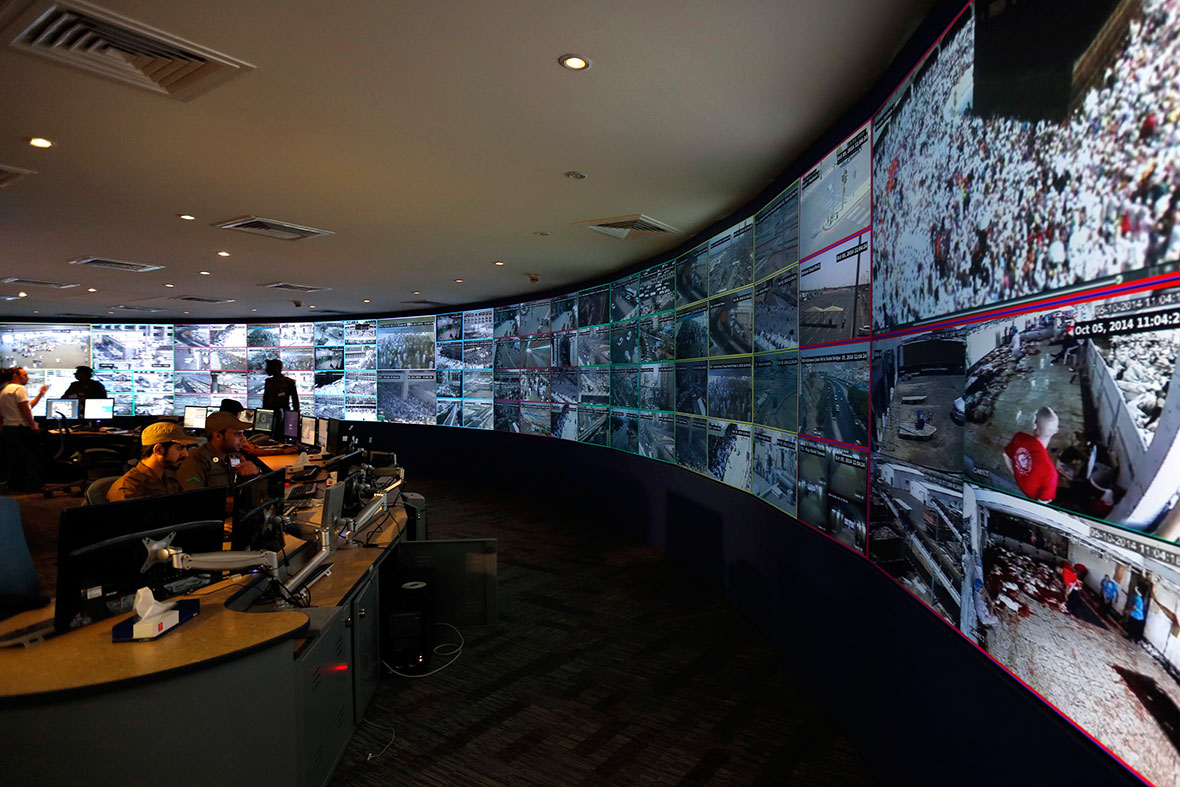

© Copyright IBTimes 2025. All rights reserved.






















